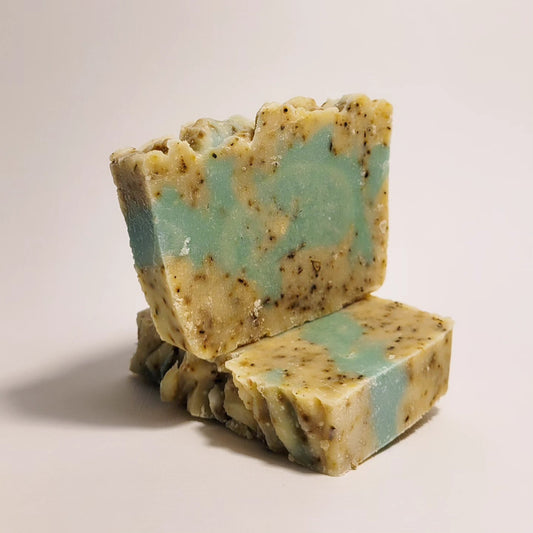
Every poultry owner will run into an issue with their birds at one time or another. Whether it be through an accident or naturally occurring disease, having a routine to look over your birds in a methodical way that lets you keep either paper or mental records of the birds behaviors and "thriftiness", is the best method to prepare yourself early for issues and catch them before they get out of hand. We have to remember that chickens and other poultry, are prey animals and they do not want us or anyone to know when they are not feeling well.
The key with routine checks and treatments, is to follow your own natural cycles in your area. Following heat, rain, and natural stressors for your birds gives you a huge window into when is best to build your routine treatments.
How to Hold Your Bird
Getting ahold of your bird is the first step, hold them with their keelbone in the palm of your hand, and their two legs snuggly between your fingers, facing towards your belly/chest, to prevent them from wiggling free, and giving yourself maximum angles to view them and their body parts (imagine a strange feathery football that you are cupping towards you).
Holding the bird this way you are able to look over the wings, back, face, belly and vent area with ease.
Regular treatment schedules to consider
Not every keeper, of any animal or livestock considers doing regular treatments for their birds for things such as worms and lice, but just like the typical house cat and dog, chickens have recurring parasites and diseases that like to show up and we have found it best to treat a few things on the regular.
The bi-yearly recommendation
We treat our birds twice a year, in the spring and fall, when our weather is its most wet, damp and humid; Perfect weather for the spread of feces and dander, the biggest culprits of parasite propagation. Any cycle that has long stints of moisture should be looked at, as prime time to head off any disease spreading.
We live in the north eastern United States. There are diseases here and cycles that we run into specifically, that might not match up with your climate, so we recommend speaking with local farmers and vets, who have a wealth of regional knowledge to help you out on top of what is provided here.
We treat twice yearly for:
- Roundworm (Ascardia)
- An internal white worm looking parasite that causes intestinal distress in the birds, loss of weight, feather picking, and depression.
- Coccidiosis (Eimeria)
- An internal protozoan parasite that lives in the soil and is VERY COMMON. Causes an array of intestinal distress symptoms often leading to death and poor growth.
- Red Mites (Dermanyssus gallinae)
- A small red lice looking parasite found deep in the down feathers, often at the base of the tale or below the vent (cloaca).
Most of this is done through routine penning, counting and sorting each and every chicken who is given a health assessment and then treated with topical Liquid Ivermectin Pour on (0.2 mg/kg topical (NEVER fed or put in their water) repeated after 2 weeks for complete treatment, though as of late we are strongly considering swapping totally to Elector PSP or Spinosad).
Lastly the birds water is treated with Safeguard first (Fenbendazole: 3ml per gallon for 3 days) and next Liquid Corid (Amprolium: 2cc per gallon of water for 5 days)
All the bedding is scooped up with a snow shovel and scraped out of the barn, a new layer of bedding several inches deep is placed and dusted with Diatomaceous Earth, nesting boxes are removed, power-washed and placed back into the barn.
This routine has saved many a chicken and keeps them in tip top shape. During this time we feed them well and remove any eggs laid, since they are likely no good for human consumption during this time.
We have considered using other methods to care for our birds, but have found this to be effective in keeping their welfare in mind and giving them the longest happy life possible without having to worry about treatable diseases.
Of course the science of these things changes and we are always on the lookout for updates in treatments and better ways to do things. As a healthy skeptic in all things, we try our best to keep up to date and do best by our animals and projects.
Note: We do participate in an affiliate program, if you do decide to check out the same products we use for our animal care, using our links in the articles to them does give us a little bit of a commission at no cost to you.






